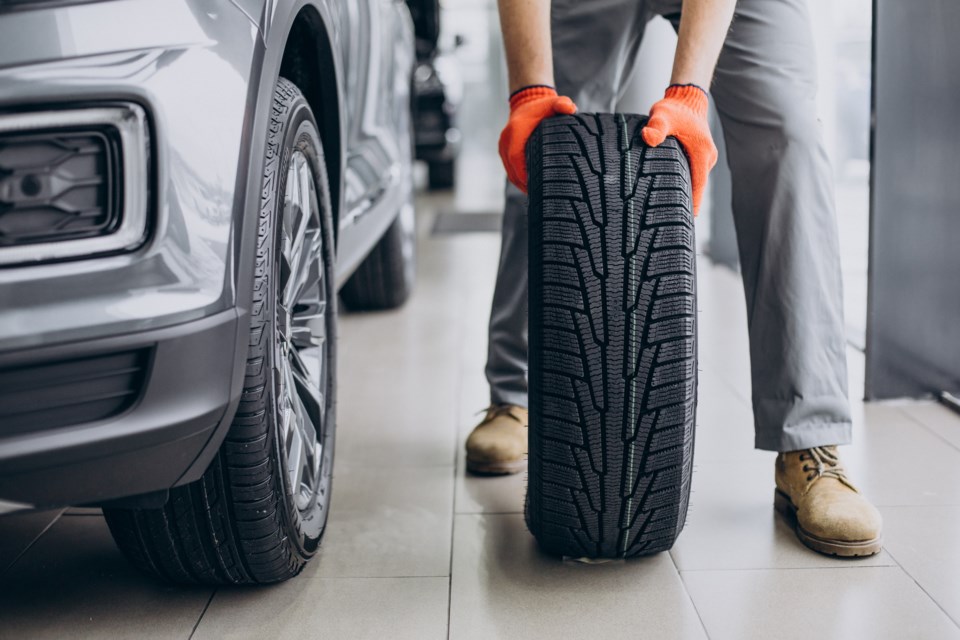There’s a lot more to maintaining your vehicle after another harsh winter than running it through a car wash to ready it for spring.
The fact is, winter fluctuations in temperature, elements like ice, slush, snow, and salt, and even your driving habits in winter can all take their toll on your vehicle. According to experts, scheduling some preventative maintenance with a licensed mechanic is a great way to protect your investment, and one of the first things to do after winter is change your oil.
“Winter can be hard on your vehicle, especially if you’re going for shorter drives where the motor doesn’t get a chance to fully warm up,” said Josh Adams, office manager at Dettmer Tire and Auto Centre in downtown Guelph. “It doesn’t get a proper chance to burn off any condensation that might have accumulated which could cause problems.”
Even though many of today’s top brands of engine oil are manufactured to last longer than previous generations of motor oil, Adams said changing it seasonally is simply a good idea. It is important to use vehicle manufacture suggested (or dealer equivalent) warranty approved oils.
“Changing the oil regularly means you have clean oil in there so any build up has been cleared out,” he said. “In extreme cases I’ve seen where people have gone 20,000K plus without changing their oil the oil gets so thick you can risk blowing your motor. That’s an extreme case but it does happen.”
There’s an entire check-list of preventative maintenance tips that Adams recommends for owners who care enough about their vehicles to help mitigate the impact of winter.
“Right about now people are getting ready to switch over from their winter tires. That provides a great time to check your breaks and inspect your suspension because the car will be up in the air. A lot of time the ice can be hard on them through the winter. And always have your tires re-torqued after installation. We recommend you get them done within 100 kilometres of getting your tires swapped out just to be safe.”
If you’re the DIY type and switching your tires over yourself, Adams suggests you inspect your all-seasons or summer tires for cracks and depth. Equally as important is checking the tires are properly inflated. Adams says to follow the inflation guidelines found on the sticker inside the door rather than the number on the tire itself.
A lot of the simple things we take for granted are also good things to check after a season of winter driving. Wiper blades, for example, can be severely compromised by ice. A decent set of new blades can be less than $40 but can make a profound difference when driving in heavy spring rains. With many people working from home, some vehicles aren’t being driven as often as they used to be. That doesn’t mean other fluids for things like transmission should be ignored.
“It’s different for every vehicle with transmission fluid. It’s typically a different animal than your engine oil. However it is a good idea to have the fluid inspected prior to summer.”
Another critical bit of maintenance is having a seasonal alignment inspection completed to reverse the negative impacts of potholes, curbs, and snowbanks. This preventative maintenance can save the tires from premature wear and help maximize your fuel economy.
Ultimately, Adams suggests bringing your vehicle in to a licensed mechanic after winter just to get peace of mind when you hit the road.
Book your tire swap today and pre-spring maintenance at either of the two locations of Dettmer Tire, 325 Eramosa Road or 23 Cork Street East in Guelph. Visit them online here.
